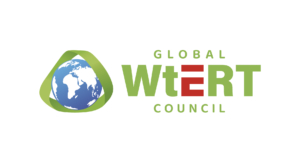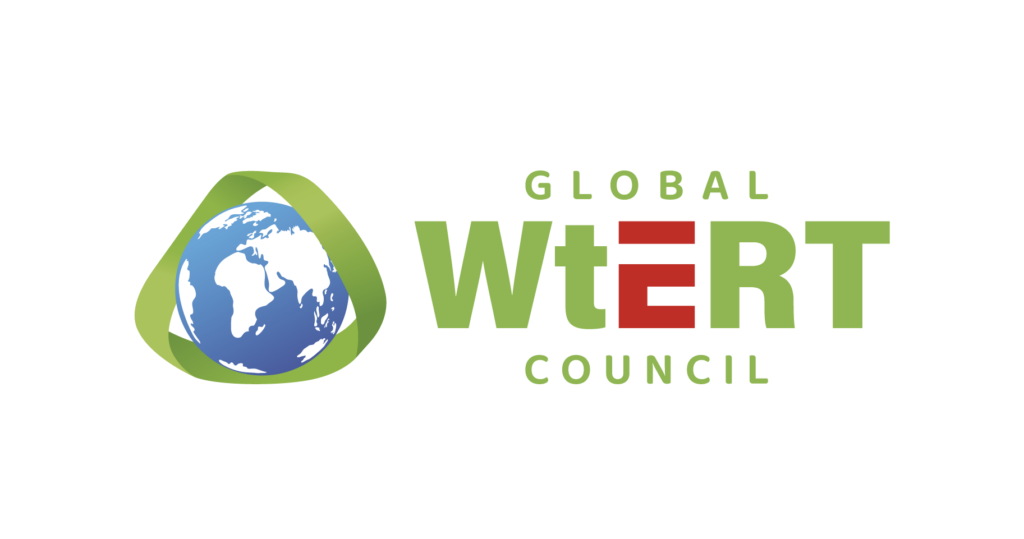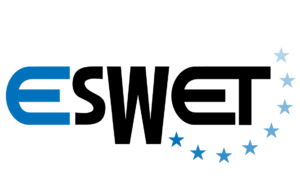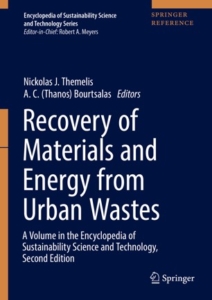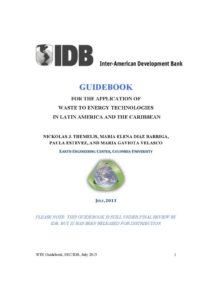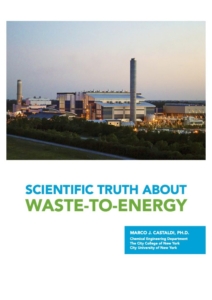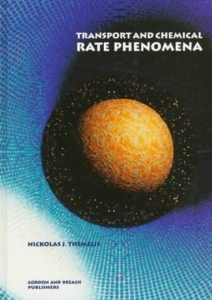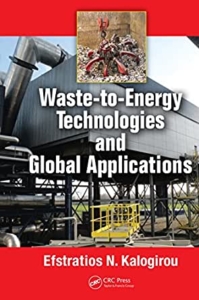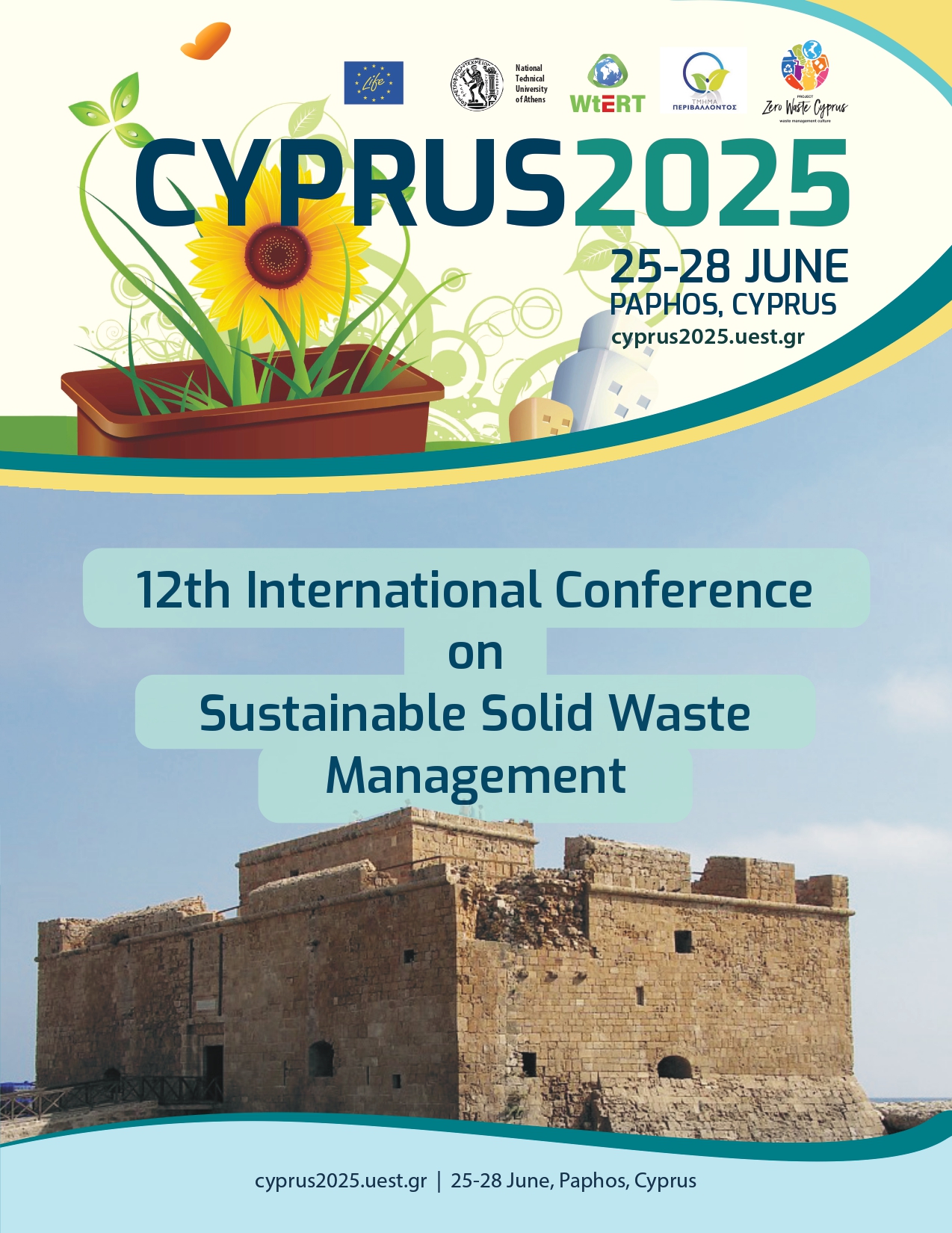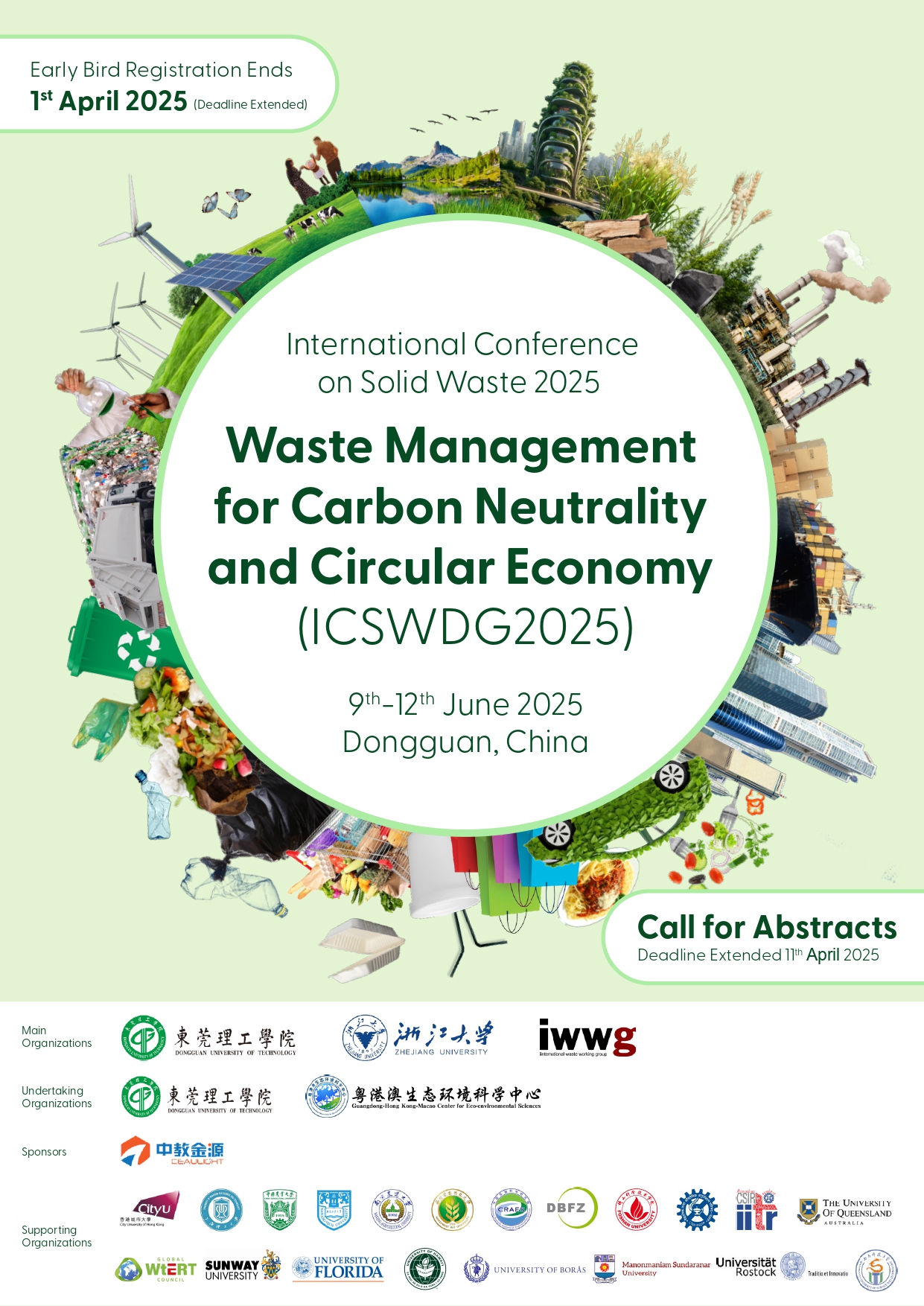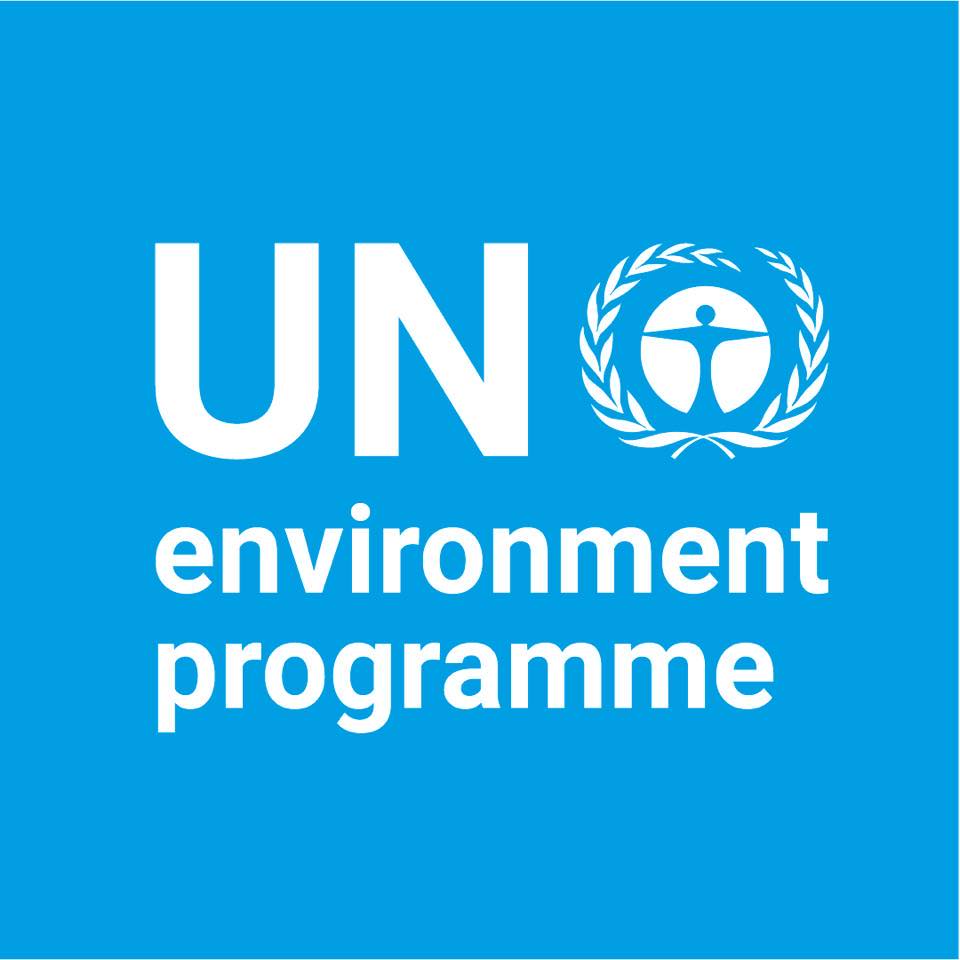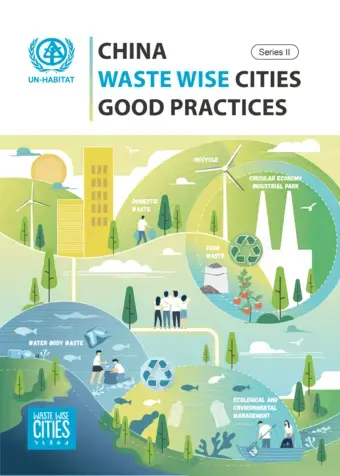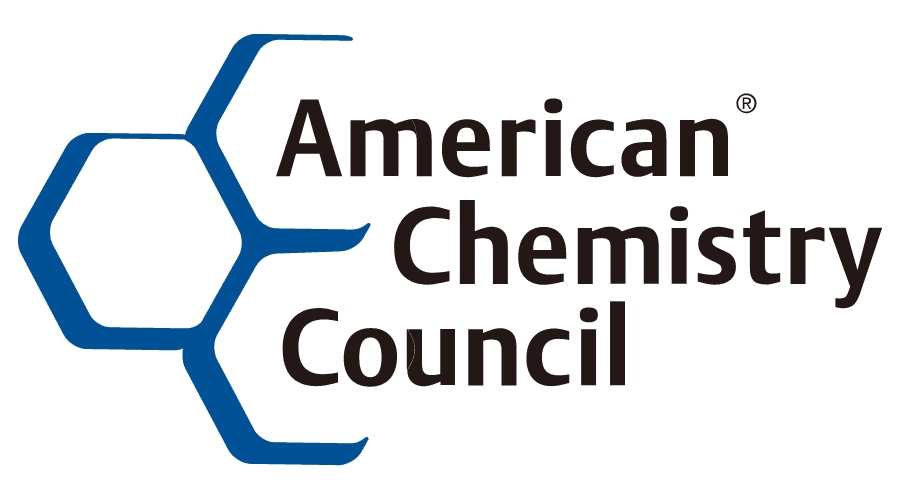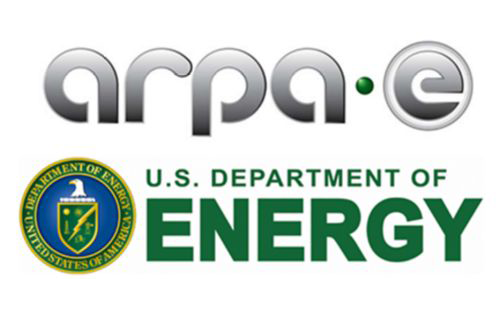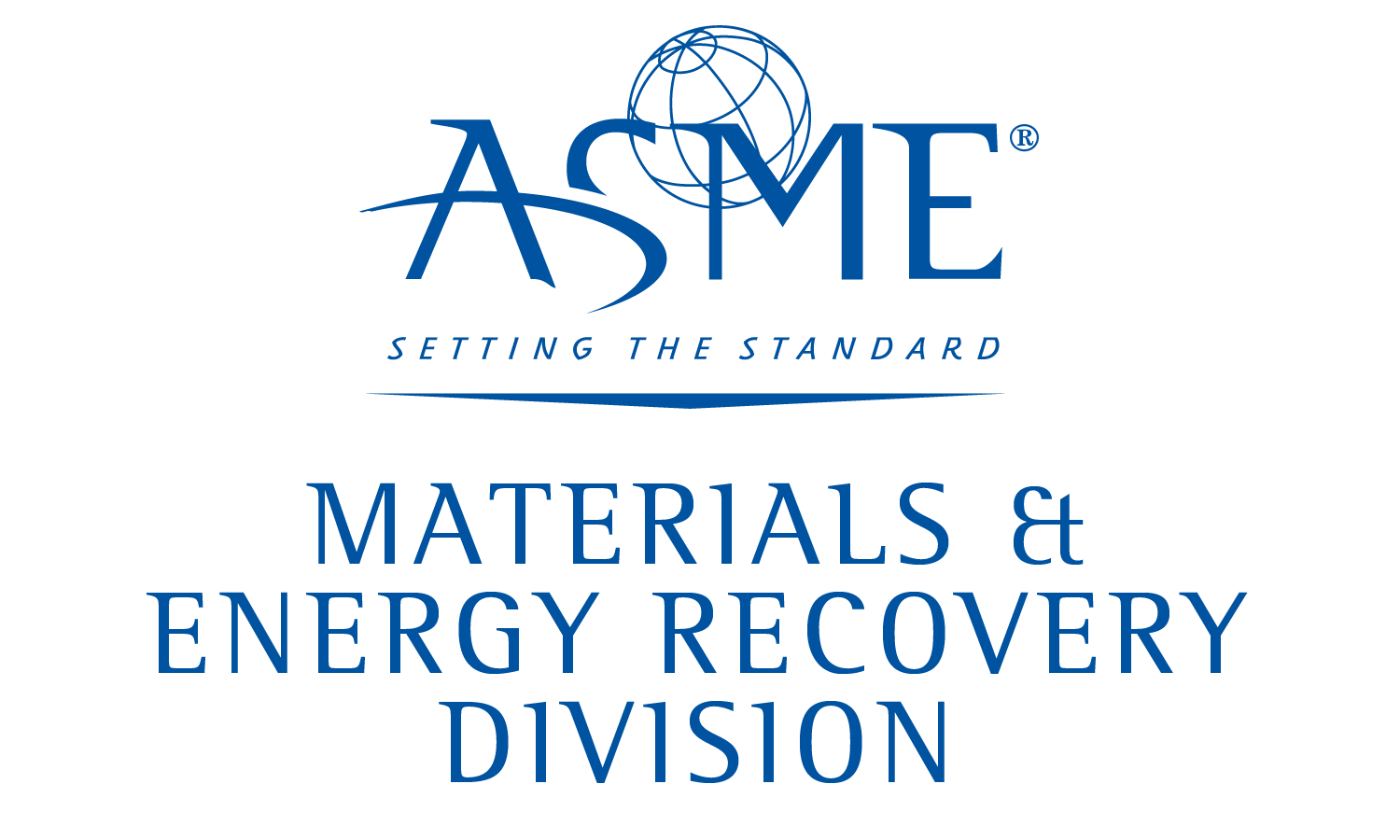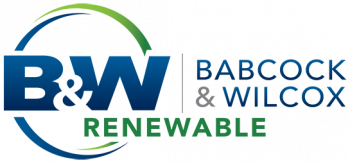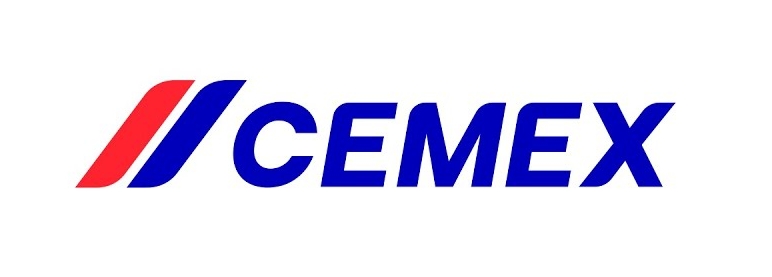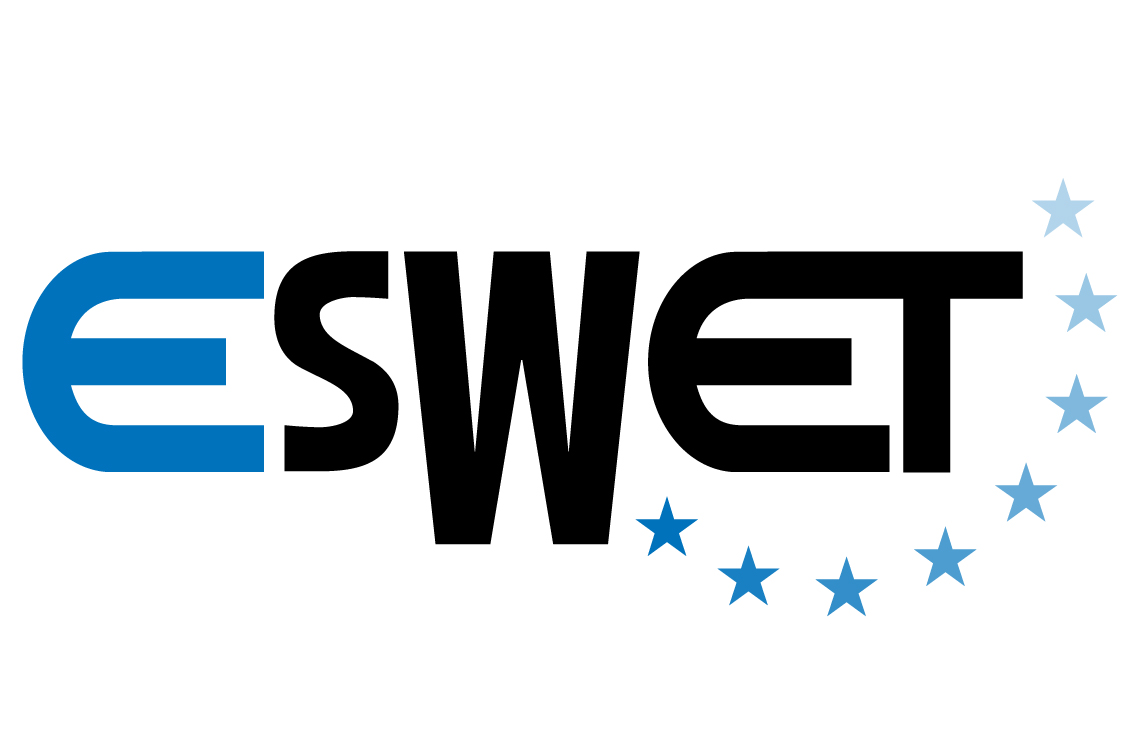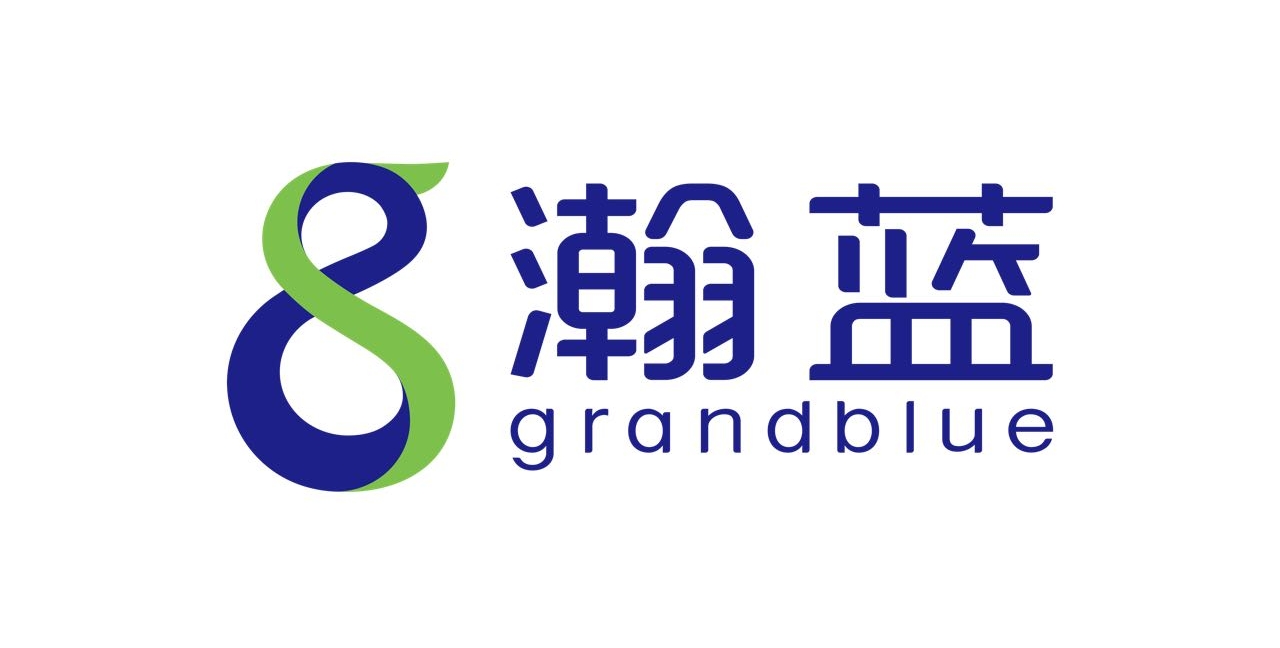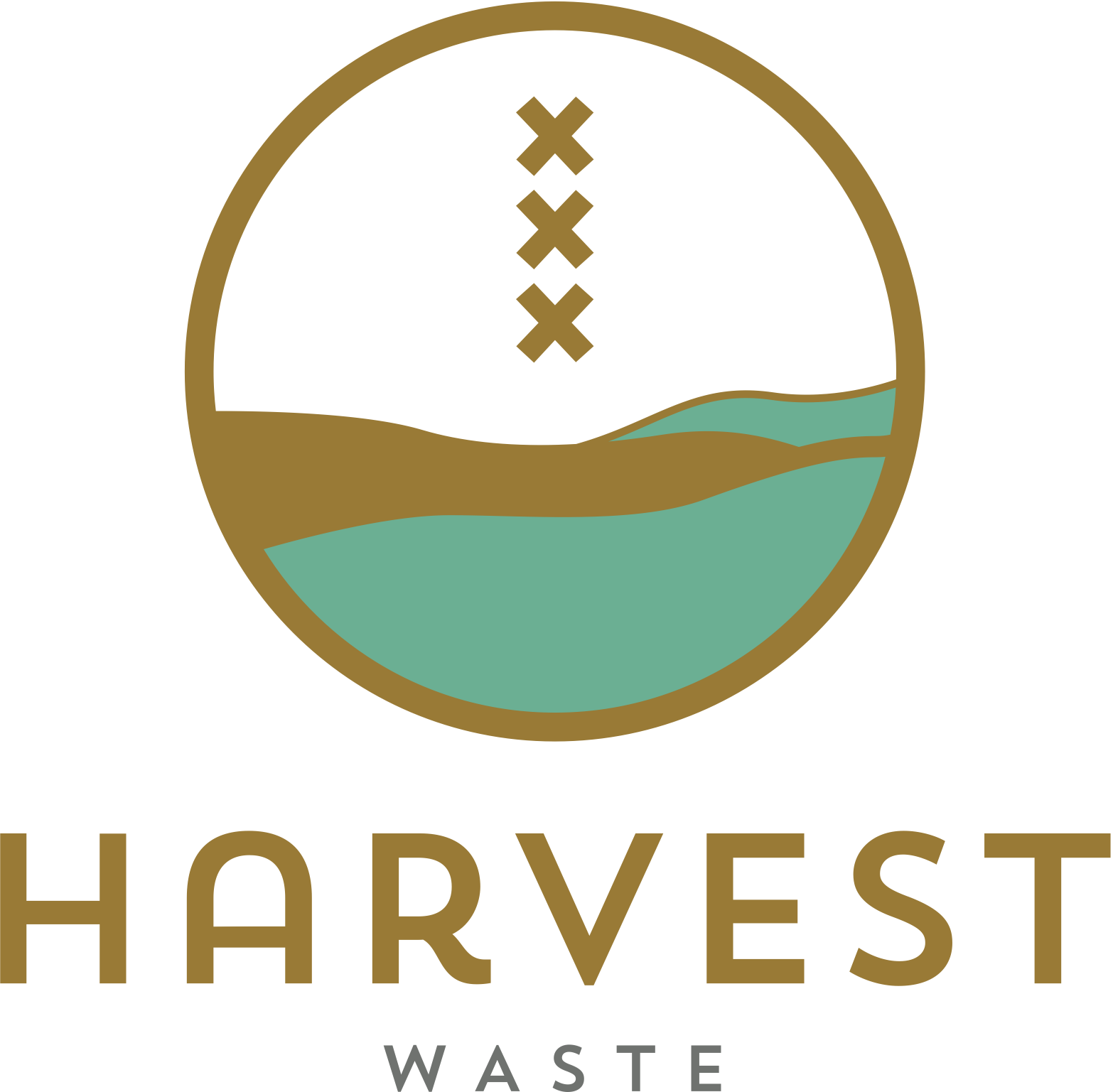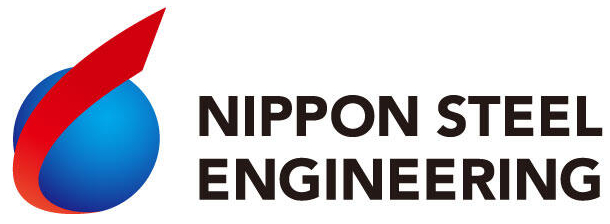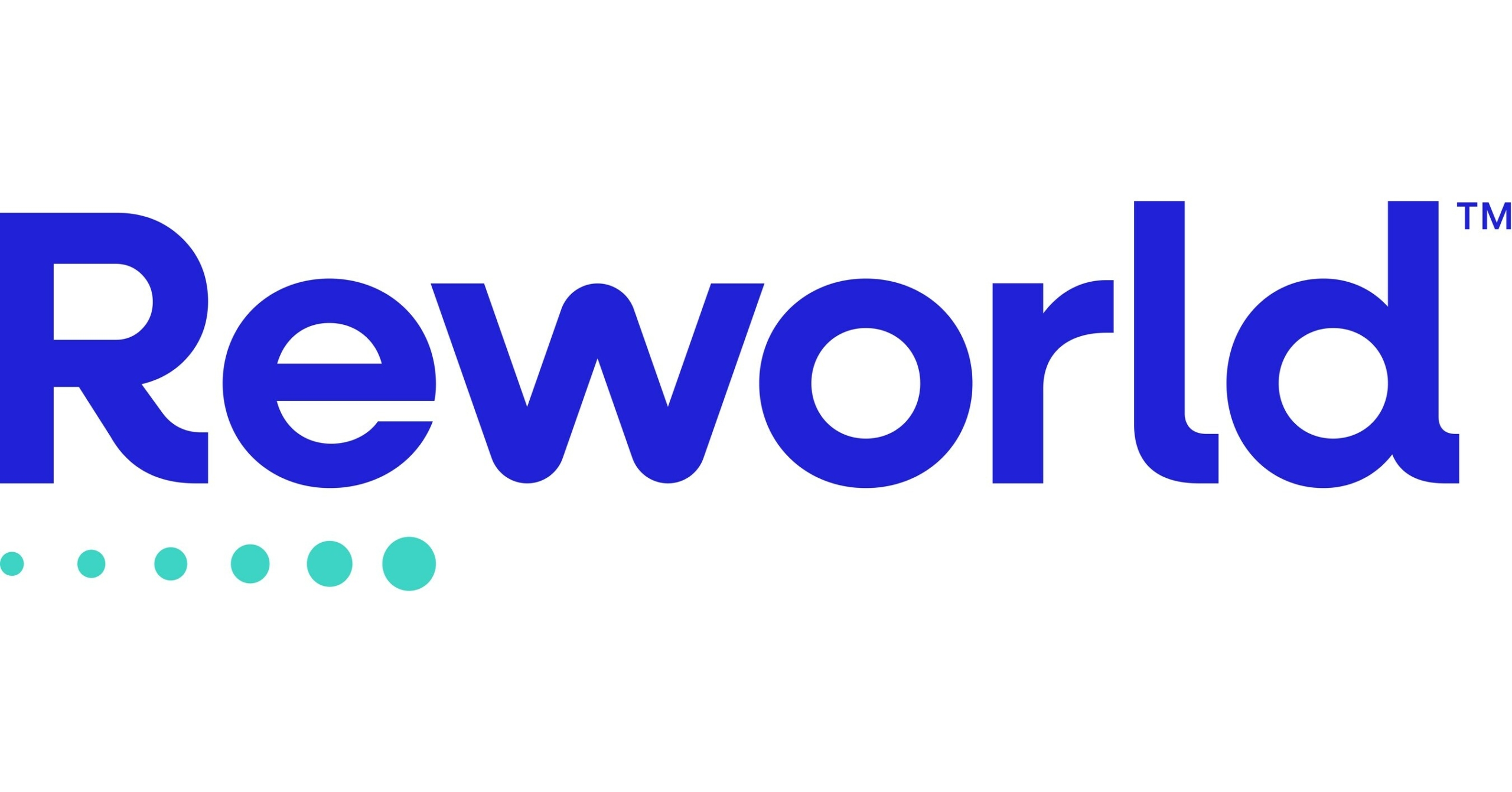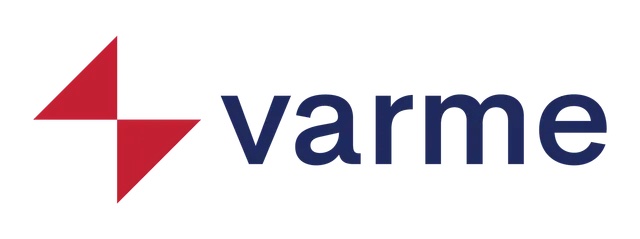Global Academic Research Network on Waste-to-Energy
The Global Waste-to-Energy Research and Technology Council – WtERT® brings together engineers, scientists and managers from universities and industry in several countries.
International network – Our network spans over 30 countries around the globe.
Academic & Industry Partners – We bring together academia, industry and government agencies interested in advancing sustainable waste management.
Focus on Innovation & Research – WtERT® has published hundreds of papers, books, and theses on sustainable energy and waste management. The SOFOS database provides access to case studies, technical data, and expert information to support informed decision-making.
Decision Support System (DSS) – Developed by WtERT Germany GmbH, the (WtERT-DSS) offers an open infrastructure of information on experts and case studies in waste management, helping stakeholders make informed decisions on technologies and strategies. This platform is independently developed and is not affiliated with the WtERT® nonprofit Association.
OUR VALUES
The mission of WtERT® is to identify and advance the best available waste-to-energy (WtE) technologies for the recovery of energy or fuels from municipal solid waste and other industrial, agricultural, and forestry residues.
To conduct extensive scientific research on all aspects of solid waste management technologies and to disseminate this information through its publications, the WtERT® Web, and annual meetings.
The goal of WtERT® member organizations is to increase resource recovery from used products and minimize the environmental impact of waste disposal worldwide.
WtERT’s guiding principle is that sustainable waste management must be based on science and best available technology, not on what may seem inexpensive today but may be very costly in the near future.
WtE+X Knowledge Alliance
The WtE+x Knowledge Alliance is a strategic partnership that brings together leading organizations in waste management, energy, academia, and sustainability. Our mission is to accelerate the global adoption of WtE technologies, focusing on reducing methane emissions, diverting waste from landfills, combating misinformation, and supporting the United Nations’ Sustainable Development Goals.
Research | Technology | Innovation
Learning Resources
WtERT’s digital resources provides a variety of content including journals, ebooks and papers on the topics of waste-to-energy. Find more…
Latest News, Research, and Publications
Recent updates on sustainable waste management, activities, and publications from WtERT and its global network.


Welcome to SOFOS: The Most Comprehensive Online Database
Under the auspices of WtERT® and the Earth Engineering Center at Columbia University, SOFOS is a vast repository of wisdom dedicated to advancing sustainable waste management. Named after the Greek word for “wise man,” SOFOS embodies the core values of knowledge sharing and collaboration. Much like the hidden owl nestled within Columbia’s iconic Alma Mater statue—a symbol of wisdom—
Our database contains a wealth of research, including publications, dissertations, conference proceedings, and theses, all aimed at driving innovation in sustainable waste management practices worldwide.
